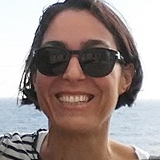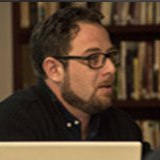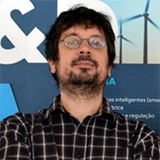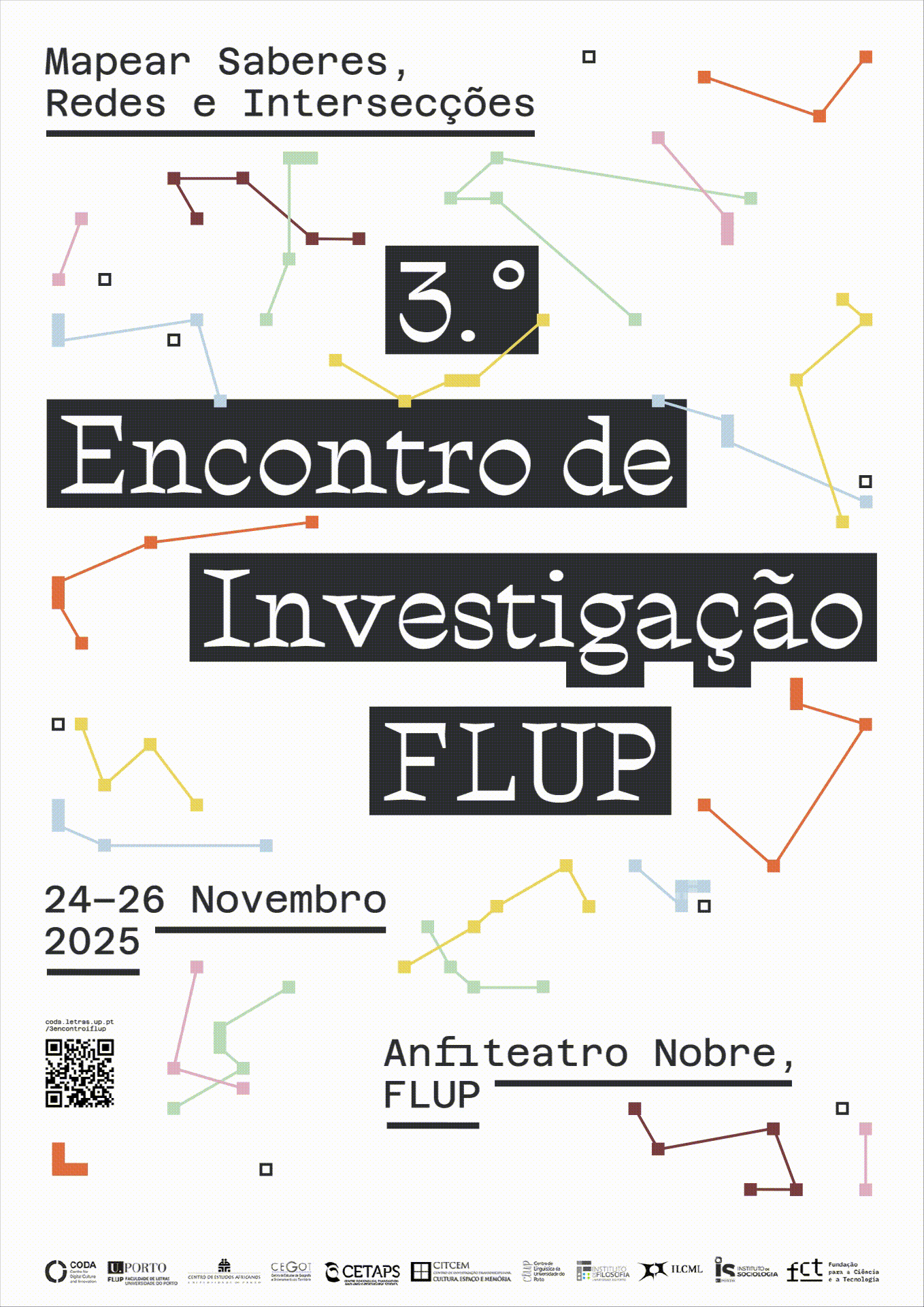Who We Are
The Centre for Digital Culture and Innovation (CODA) was created in 2022, and is committed to digital transformation by working as a catalyst of innovative and interdisciplinary synergies in the Social Sciences and the Humanities. CODA’s mission is twofold and includes:
- Research initiation, development, and support
- Generate innovative models of co-creative research practice and new dynamics of research;
- Help to identify, develop and implement the best solutions for each of the CODA projects, as well as innovative and promising digital methods and technologies in the digital humanities (DH) field;
- Support the development of new digital projects by members of FLUP’s R&D Units, while fostering national and international collaborations, and applications for funding.
- Transfer of knowledge & education
- Actively promote the transfer and enhancement of knowledge, through the provision of short courses, or through collaboration in teaching and participation in the training and supervision of undergraduate, master and doctoral students;
- Participate in science and technology management and communication tasks within the scope of university extension projects;
- Support and implement principles of citizen science, seeking to involve the non-academic public in scientific research, both locally and globally.
Drawing upon a wide range of ongoing initiatives, CODA will work towards aligning with specific UN Sustainable Development Goals and Targets:
- Goal 4: Expand the transformative power of education and specialised advanced training towards higher inclusiveness, lifelong learning, and digital literacy, highlighting the importance of socio-historical and cultural diversity.
- Goal 5: Foster gender studies from a multidisciplinary humanities standpoint, promoting gender equality in science and education, and equal opportunities in all instances.
- Goal 10: Promote international knowledge transfer on diversity, mobility, permeability, and minority inclusion, illuminating interconnections through wide-reaching research and education.
- Goal 11: Improve community awareness of sustainability issues, engaging scientific research and outputs with social concerns, towards increased well-being, job creation, creative cities, and higher technological accessibility.
- Goal 17: Embrace wider interdisciplinary collaborations within the University of Porto, beyond the social sciences and humanities, with a strong focus on digital methods and technologies; seeking external partners equally focused on sustainable development; continuing policy of diverse cooperation with Lusophone and other African and Latin American partners.

Our Team
Benefiting from the capacities and competencies of a team of researchers in distinct Digital Humanities fields, CODA is specially focused on creating new stimuli for the development of (re)new(ed) approaches and methodologies.
Meet our talented team of collaborators and their unique achievements:

Vera Moitinho
de Almeida
coordinator | RESEARCHER
I am the coordinator of CODA, and senior researcher at CODA, CITCEM, and INESCC. I have a wide range of research interests, but my expertise lies in the intersection of digital methodologies and technologies (incl. 3D digital imaging, data analysis, digital data life-cycle, FAIR principles) applied to research in Archaeology, Cultural Heritage and the Digital Humanities.

Diogo
Marques
researcher
Digital Humanities researcher at CODA and a member of ILCML, Margarida Losa's Institute for Comparative Literature (University of Porto). Ph.D. in Materialities of Literature (University of Coimbra). Author, curator, and translator of experimental (cyber)literature. Co-founder of wr3ad1ng d1g1t5 cyberliterary collective.

Luís
Pimentel Trigo
researcher
Researcher at CODA, CLUP and LIACC - FEUP. He advises and supports researchers in the development of DH projects, and engages students and citizens in the research processes and results. Main research interests: Computational Linguistics, Artificial Intelligence, Information Retrieval, and Network Analysis and Visualization.
